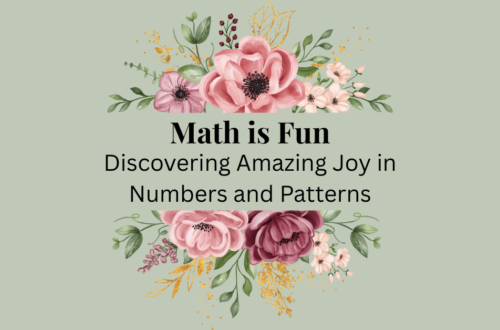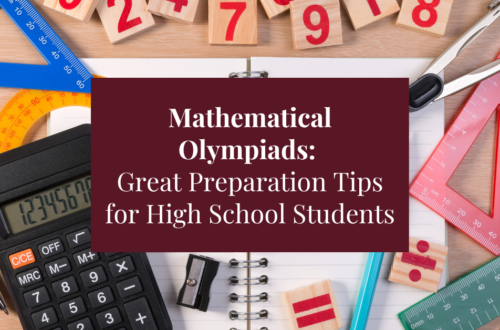Honors math students often possess natural ability, but the key to sustained success lies in fostering a growth mindset—the belief that intelligence and abilities can be developed through effort, learning, and persistence. In a subject like math, where challenges can feel overwhelming, cultivating this mindset is essential for students to embrace challenges, bounce back from setbacks, and continue pushing their limits. Here are strategies for fostering a growth mindset in your honors math class.
1. Emphasize Effort Over Innate Ability
It’s easy for students to believe that their mathematical ability is fixed, especially when they experience success with ease. To combat this:
- Praise effort, persistence, and strategy over natural talent.
- Encourage students to see struggles as learning opportunities rather than failures.
- Share stories of famous mathematicians or scientists who faced setbacks and failed before achieving success.
This reinforces the idea that challenges are part of the journey, not a barrier to progress.
2. Celebrate Mistakes as Part of the Learning Process
In math, mistakes are often seen as something to avoid, but they can be powerful learning tools. Encourage students to:
- Reflect on errors and how they can use them to improve.
- Practice self-correction and figure out what went wrong before seeking help.
- Share stories of how mistakes led to breakthroughs or discoveries in mathematics and science.
By normalizing mistakes, students will feel less pressure to be perfect and more motivated to take risks.
3. Set Incremental Goals and Celebrate Achievements
Math can be intimidating, especially when faced with complex problems. Break down larger tasks into smaller, achievable goals:
- Help students set personal milestones, such as mastering a specific concept or solving a particularly tough problem.
- Regularly celebrate these achievements, no matter how small, to reinforce their progress.
- Create progress trackers where students can see how far they’ve come over time.
By focusing on smaller goals, students can experience consistent success and develop confidence in their abilities.
4. Encourage a Growth-Focused Classroom Culture
A growth mindset thrives in a classroom where collaboration, effort, and persistence are prioritized. To foster this culture:
- Model perseverance in your teaching. Share your own experiences of struggle and growth.
- Create opportunities for peer collaboration, where students help one another solve problems and learn together.
- Encourage students to ask questions and take risks without fear of judgment.
When students feel supported and safe to make mistakes, they are more likely to engage deeply and take ownership of their learning.
5. Use Constructive Feedback
Feedback is a powerful tool for growth. Instead of just focusing on whether answers are correct, offer feedback that promotes further improvement:
- Provide specific suggestions on how to approach a problem differently or more efficiently.
- Offer positive reinforcement for improvement, even if the solution isn’t perfect yet.
- Use questions that prompt critical thinking: “What could you try next?” or “Why did you choose this method?”
Feedback should inspire students to see that learning is a continuous process and that there’s always room to grow.
6. Encourage Self-Reflection
Help students build self-awareness about their growth by prompting regular reflection:
- Have students keep a learning journal where they can track their struggles, successes, and strategies.
- During class discussions, ask students to share how they approached a problem or what they would do differently next time.
- Use self-assessment tools, where students can evaluate their own progress and set new goals.
Reflection helps students see their progress in real-time and reinforces the idea that their abilities are always evolving.
Final Thoughts
Fostering a growth mindset in honors math students is about helping them see the journey as just as valuable as the destination. By focusing on effort, persistence, and continual improvement, you empower students to embrace challenges and become lifelong learners. It’s not just about solving equations—it’s about developing the resilience and mindset that will carry them through any academic or personal challenge.
How do you encourage a growth mindset in your classroom? Share your tips in the comments below—let’s keep the conversation going!





